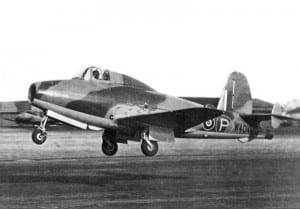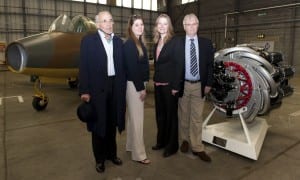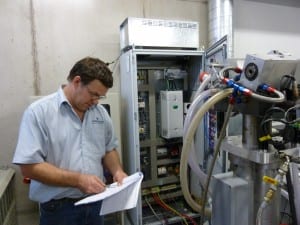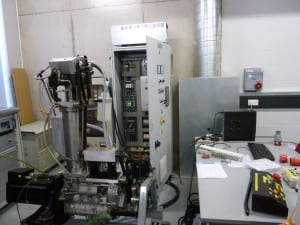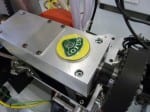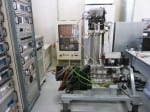Energies (ISSN 1996-1073; CODEN: ENERGA), an open access journal of related scientific research, technology development, engineering, and the studies in policy and management, is published by MDPI online monthly.
Impact Factor: 1.130 (2010); 5-Year Impact Factor: 1.130 (2010)
University of Lincoln members of the Editorial Board
Prof. Dr. Chris Bingham
School of Engineering, University of Lincoln, Brayford Pool Lincoln, LN6 7TS, UK
Tel. +44 1522 668896
Website: http://www.lincoln.ac.uk/engineering/staff/CBingham/chris_bingham.htm
E-Mail: cbingham@lincoln.ac.uk
Interests: aircraft dynamics and advanced control; impact of driver behavior on energy efficiency of EVs/HEVs, electrical power distribution for deep-sea ROVs; power electronic servo-drive systems; real-time prognostics and diagnostics for industrial systems; sensor validation and fault detection; high-efficiency power supplies for domestic products; active magnetic bearings for high-speed energy storage
Prof. Dr. Paul Stewart
School of Engineering, University of Lincoln, Brayford Pool, Lincoln, LN6 7TS, UK
Tel. +44 1522 668896
Website: http://www.lincoln.ac.uk/engineering
E-Mail: pstewart@lincoln.ac.uk
Interests: power and energy; systems modeling and optimisation; electrical machines and drives; advanced fuels and combustion; control and simulation; electric and hybrid vehicles; more electric aircraft; gas turbines; internal combustion engine; advanced powertrains; electrical systems; artificial intelligence; low carbon operation; CFD
Journal Contact
MDPI AG
Energies Editorial Office
Postfach, CH-4005 Basel, Switzerland
E-Mail: energies@mdpi.com
Tel. +41 61 683 77 34; Fax: +41 61 302 89 18
Click here to see the full Editorial Board
Click here to see Contact Details


